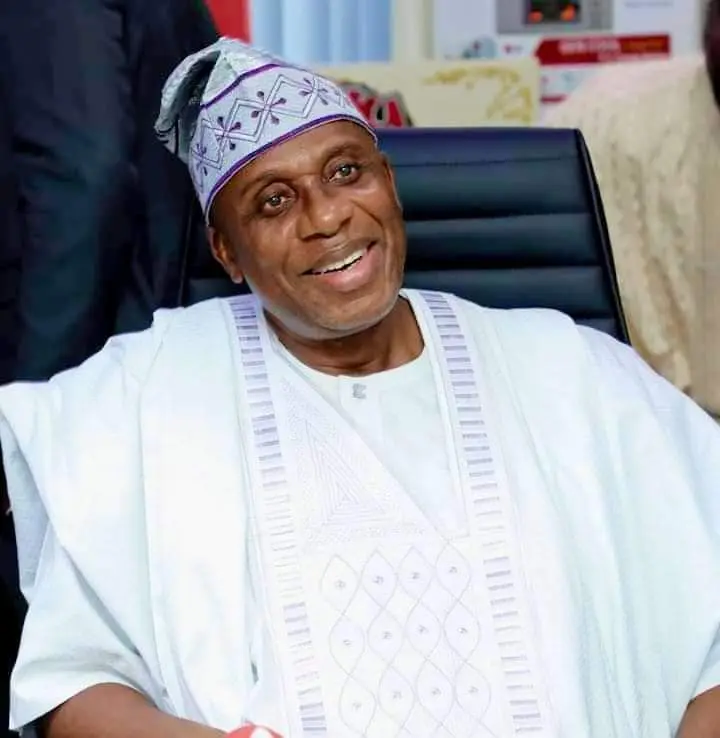Chief Rotimi Amaechi who is a former governor of Rivers State and immediate past minister of transportation, has blamed followers, not leaders for the mess in the country stressing that the greatest problem with Nigeria is the followership.
‘Blame Nigerians for country’s failure,’ he submitted at an event.
Amaechi noted that the nation’s ability to develop and advance was being hampered by factors such as ethnicity, a weak foundation, self-interest, and a lack of political will.
Amaechi spoke at the 2023 TheNiche Annual Lecture, themed: “Why We Stride and Slip: Leadership, Nationalism and Nigerian Condition,” in Lagos, yesterday. He said Nigeria’s nationalism and nation-building were younger than the nation as an independent entity and there had been more rulers than nationalistic leaders.
Africa Today News, New York reports that the lecture, in its fourth edition, was organised by TheNiche Foundation for Development Journalism to engage Nigerians and proffer solutions to some of the countries most difficult questions.
While lauding Nigerian nationalists who fought for the independence, the former Rivers governor took a swipe at the followership, which he said lacked direction and remains enablers of bad leadership.
Read Also: No Regret Backing Tinubu, Wike Affirms
Amaechi also undertook a graphic analysis of the Nigerian condition, arguing that those in position of leadership have failed to deliver the right type of leadership because they are selfish and ethnic-rooted in their actions.
He questioned the extent to which Nigerian leadership had been imbued with the necessary sense of national unity.
‘The only person near that point of Nationalism with all respect is ex-president, Olusegun Obasanjo. The rest are ethnic leaders. Truly, remarkable national leadership is the ability of a leader to galvanise the totality of a nation around the common national banner with a vision and a sense of mission.
‘The truly remarkable national leader is the one that is able to rise above limitations to take the nation and its people to that place where they long for but have never been before. It is a place of national greatness, pride, achievements and shared goals, aspirations and prosperity,’ he said.
He said most nations were products of amalgamation of diverse nationality under a common sovereignty and many had tried to resolve the problem of internal diversity.
Amaechi said many Nigerian leaders were at the corridors of power for the interest of their ethnic groups, noting that the identity of Nigeria was still being tormented by ethnicity.
“There can be no credible leadership for a diverse nation without some forms of resolutions on the national questions as it pertains to the particular nation in question,” he added.
Amaechi said it was in Nigeria a governor once boasted that what money could not do, more money would do it.
“A governor once said that anybody who doesn’t take money from you, what you do, he said put more money. That was a governor,” Amaechi said to buttress his case that the followers were the enablers of bad leadership.
On what could be done, he hinted on citizen’s revolt. “How many are the leaders? Maximum 15,000. If the one hundred and something million storm Lagos, storm Abuja, it will stop. How do you see a governor who has never worked before at all, and he is the richest man in his state, and his state is very rich and everybody is hailing him that he is tough man. What did you do?”
Earlier in his remark, Mr Ikechukwu Amaechi, managing director/chief executive officer of TheNiche said the lecture was organised to have various opinions that would shed light on why Nigeria’s enormous potential are not realised.

